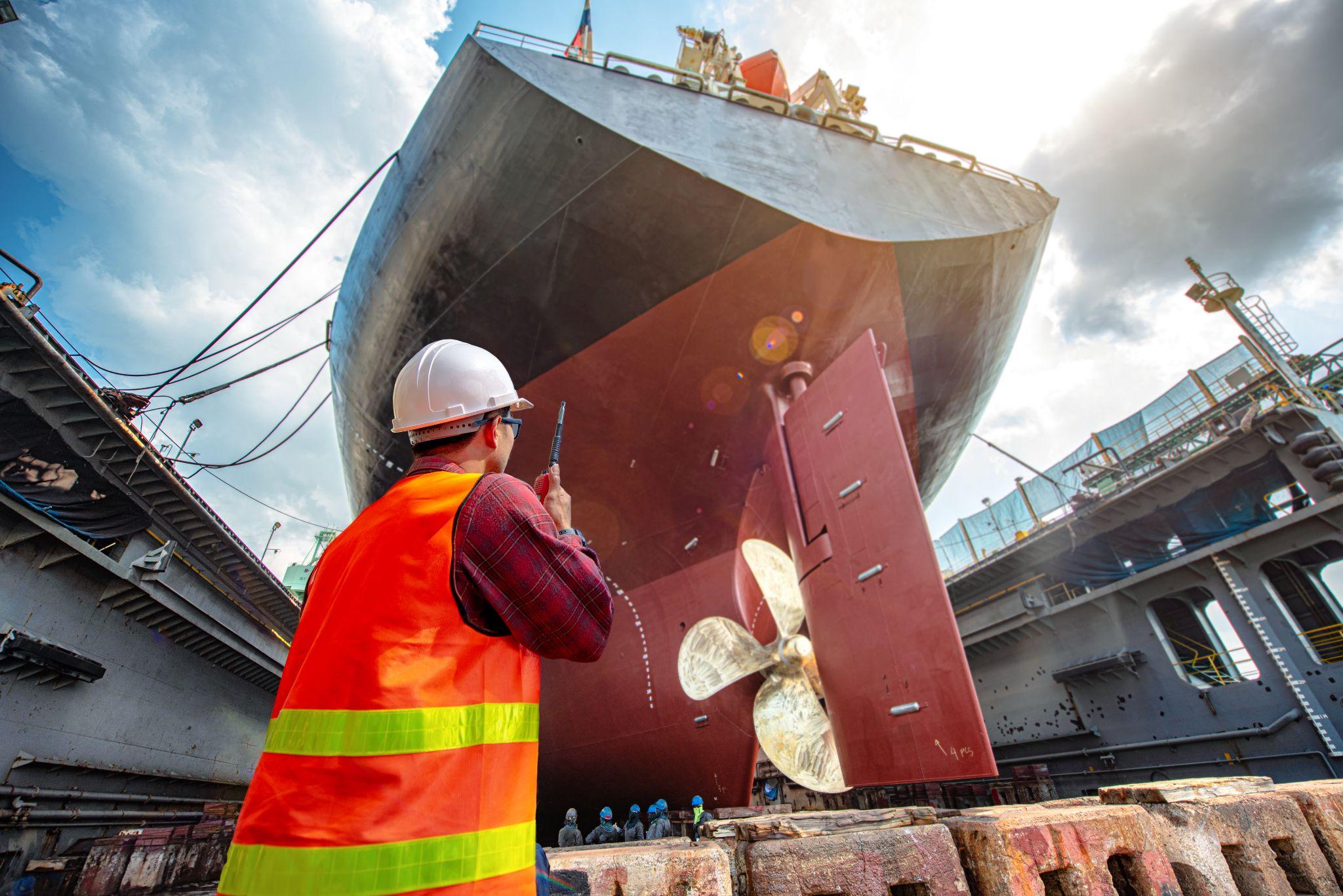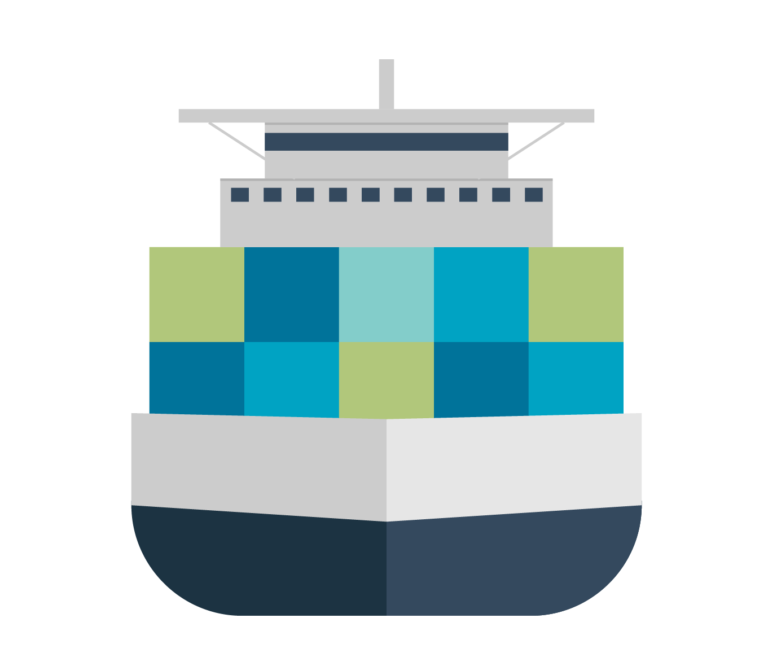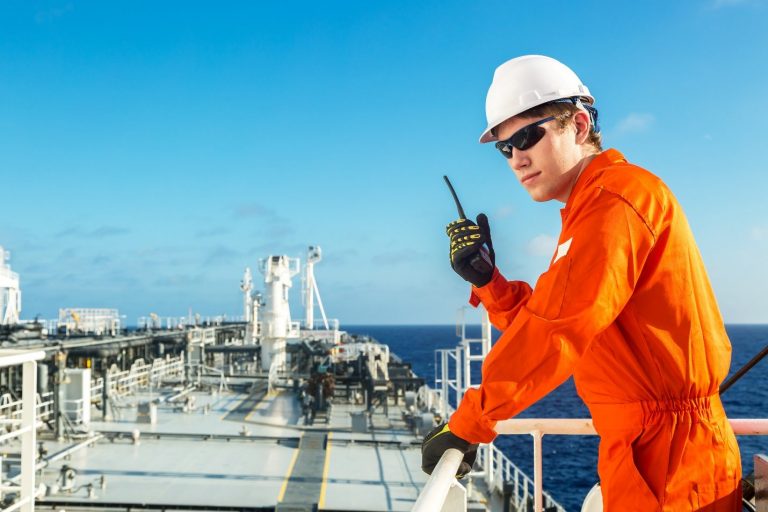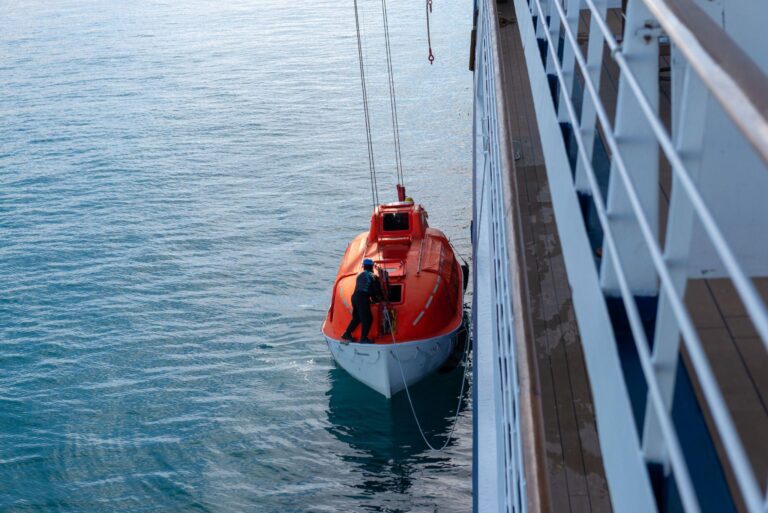If you sustained a maritime injury, determining fault is a complex legal process. Maritime, or maintenance and cure, attorneys can help you pursue a claim for compensation under specific laws that protect workers injured at sea.
If you are injured in service of a vessel, and in general with personal injuries, do not assume no one was at fault but yourself. In the shock following an injury, try to avoid taking blame on yourself, and seek sound legal advice before signing any agreement to share fault for an accident.
There are also maritime laws providing compensation for maritime workers that are no-fault, including maintenance and cure. Let’s explore how liability for maritime injuries is determined, compensation under the Jones Act, the legal concept of comparative fault, and the details of maintenance and cure for all maritime workers.
Determining Fault and Liability in a Maritime Injury Case
Under maritime law, ship owners are responsible to provide a safe and seaworthy vessel that is properly designed and maintained. Safety practices must be in place, defective or missing equipment must be replaced or repaired, and all crewmembers must be properly trained. If the owner of your vessel failed to meet these requirements, they might be held liable for your injuries.
In general, injuries that occur on vessels in navigable waters will fall under maritime law and are tried in a maritime or admiralty court. Local and state laws may not apply, and workers’ compensation is not available. If a ship owner had a duty to protect you from harm, and that duty was breached and caused you injury, you may have a case under the Jones Act or other federal legislation.
How the Jones Act Protects Maritime Workers
The Jones Act allows workers who were injured on tug boats, ferries, cargo ships, fishing vessels, and even offshore platforms to file a personal injury lawsuit against the owners of these vessels. As long as negligence was a factor in causing the accident, the injured “seaman” would be eligible to recover damages, which include pain and suffering, lost wages, future medical expenses, and disability payments.

Of course, every case is different and maritime law is complex. Even if you think that you are not covered under the Jones Act or other federal legislation like the Longshore and Harbor Workers Compensation Act, it will probably benefit you to speak with an experienced maritime attorney before you sign away your right to sue or before the statute of limitations expires for your case.
What Evidence Is Considered in a Maritime Injury Claim?
The circumstances that led to your accident might be more complex than you realize. With an investigation into the details, evidence can show that the vessel owner had a duty to protect you from the kind of injury you sustained. Some of the evidence that can make a difference in this kind of case includes:
- Where, when, and how the injury occurred
- If the vessel was unseaworthy by legal standards
- If crew members lacked safety equipment and training
- If the ship was operating without the required number of crew members
- If crew members were fatigued or overworked
- If equipment in use on the vessel was properly maintained and appropriate for its purpose
- If appropriate medical care was provided before and after the injury
- If ship owners or other crew members knew, or should have known, that unsafe conditions existed
How Comparative Fault May Affect Your Claim
Maybe you did, in fact, share in the fault for your accident. Even in these cases, maritime law allows you to file a claim if another party was even partially at fault. Ship owners and their attorneys will often try to persuade you to take part or all of the blame for an accident, in order to reduce the amount of damages they may be required to pay.
Each party will be responsible for a percentage of the total damages if more than one party is found to be at fault. If possible, avoid making recorded or written statements where you might blame yourself for the accident. While many factors might have combined to cause your injury, many or most of these will fall under the vessel owner’s duty of care. A ship owner’s level of responsibility to maintain a seaworthy vessel and a safe working environment is considered higher than that of any individual crewmember who is following orders.
The Right to Maintenance and Cure Is No-Fault
Even in the unlikely event that you were entirely at fault for your own maritime injury, you may still be entitled to the legal right of maintenance and cure under maritime law. Under this ancient and still-active requirement, vessel owners must provide these remedies to workers injured in the service of their vessel:
Maintenance
Maintenance in this context means reasonable room and board while the injured worker recovers at home. Many times, vessel owners try to limit this charge to a basic rate of $15 to $30 dollars per day. Many cases have successfully argued that this rate should cover rent or mortgage payments, utilities, transportation costs, and food. Maintenance continues until the injured person can return to work or has reached maximum medical improvement.
Cure
In this context, cure is understood as reasonable and necessary medical expenses and the transportation costs to receive that treatment. Covered medical care must be “curative” in nature, but you may choose your own physician to provide it. You are not required to use a company doctor to establish when you have reached maximum medical improvement or MMI. When you have returned to work or reached MMI, your right to compensation for your medical expenses will end.
Fair Compensation for Maritime Injuries
The unfortunate fact is that not every ship or platform owner is fulfilling their duty to provide a seaworthy vessel, well-trained crew, and well-maintained equipment that provides a safe working environment. Some will even try to limit or refuse to pay basic maintenance and cure. With so much at stake, injured maritime workers should consider a free consultation to discuss their recent injuries.

The Maintenance and Cure attorneys at Schechter, Shaffer & Harris, L.L.P. can help you navigate your legal options and receive the compensation owed to you, whether it is due to shipowner negligence or basic living expenses and medical care. If a loved one or you were injured or they were killed at sea, contact us today or call (800) 836-5830 for sound guidance and support in this difficult time.







